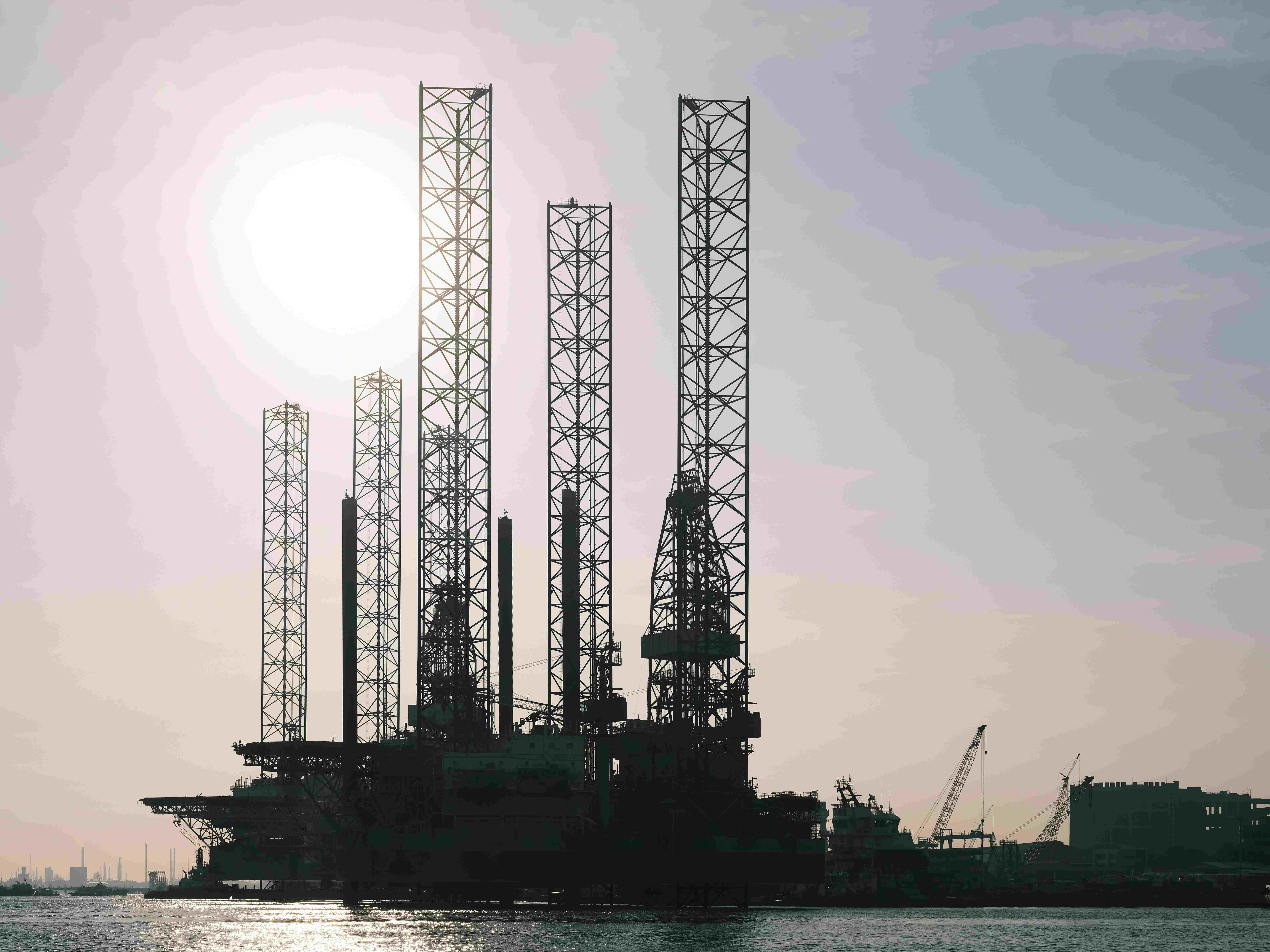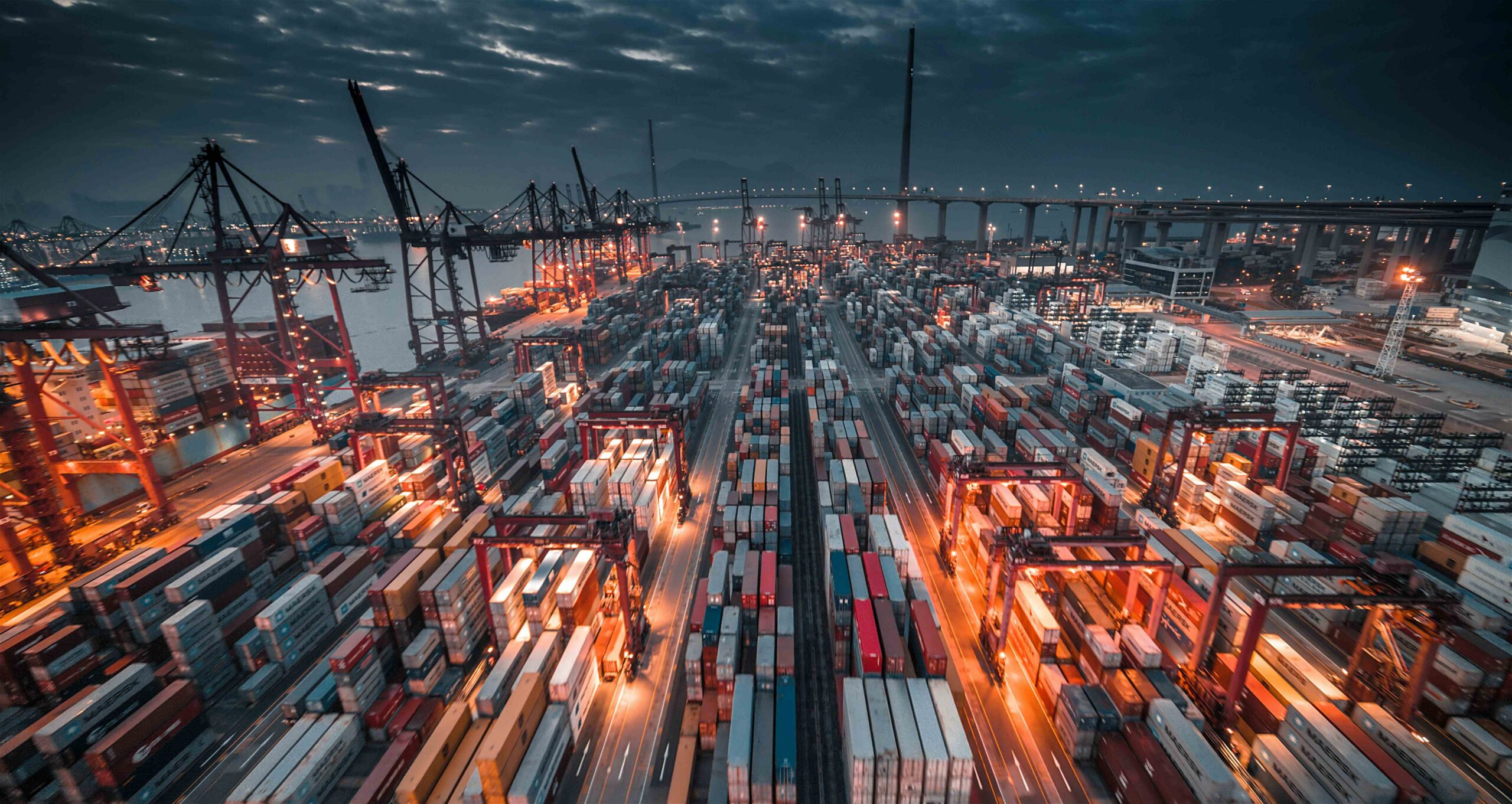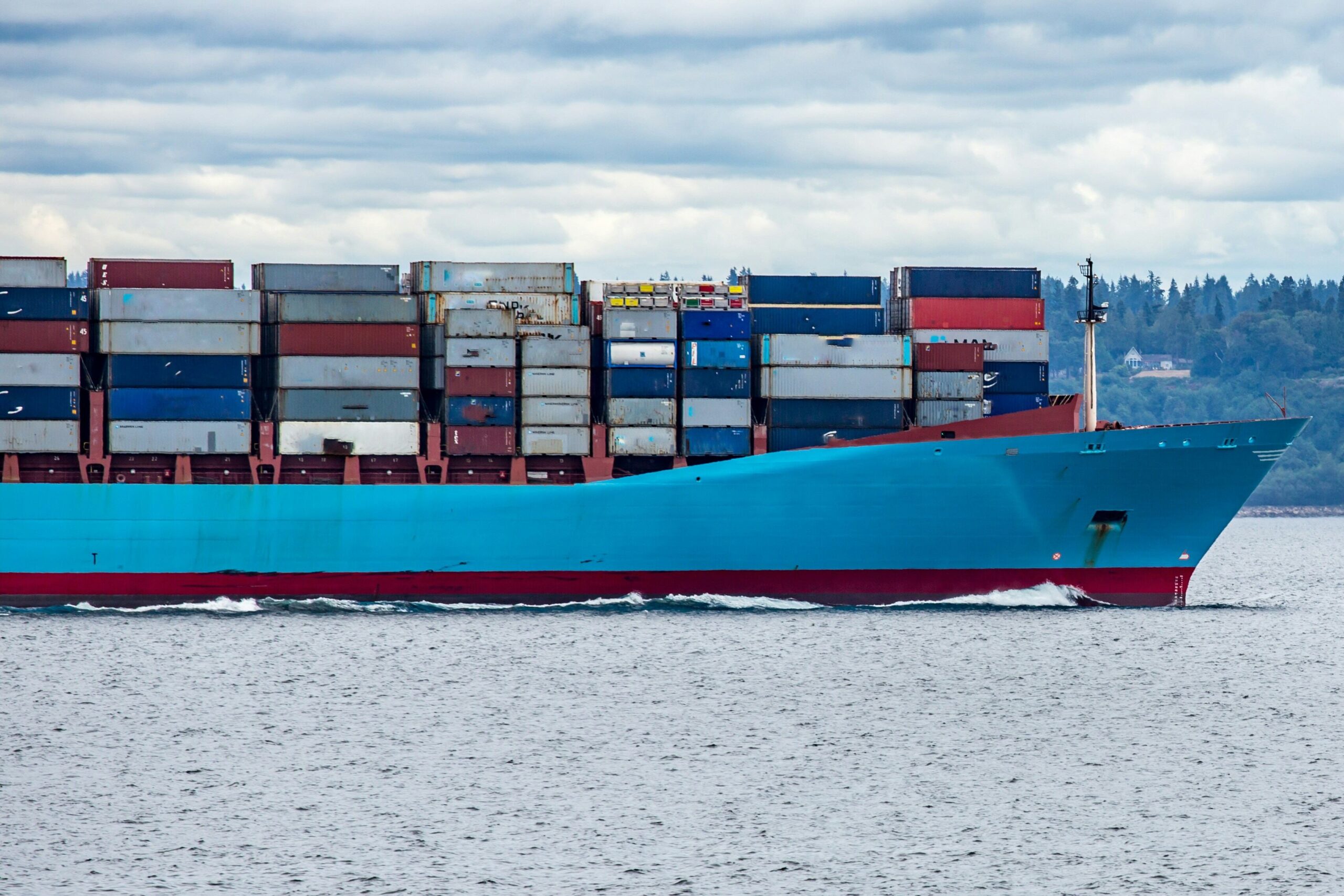Advances in Marine Diesel Engine Technologies for Bunker Fuels
Introduction Marine diesel engines are the workhorses of the shipping industry, powering vessels that facilitate the global movement of goods. With environmental regulations tightening and fuel prices fluctuating, there is a growing impetus to advance marine diesel engine technologies. These advancements aim to
Combustion Kinetics and Mechanisms of Bunker Fuels
Introduction Bunker fuels, primarily heavy fuel oils (HFO), are the lifeblood of maritime shipping, powering the engines that transport goods across the globe. Understanding the combustion kinetics and mechanisms of these fuels is crucial for optimizing engine performance, reducing emissions, and developing cleaner
Integration of Renewable Energy Sources in Bunker Fuel Systems
Introduction The maritime industry is a critical component of the global economy, responsible for transporting 90% of international trade. However, it is also a significant contributor to environmental pollution, emitting approximately 940 million tonnes of CO2 annually. To address this, the industry is
Energy Efficiency Design Index (EEDI) and its Impact on Bunker Fuel Consumption
The Energy Efficiency Design Index (EEDI) is a critical regulatory tool in the maritime industry, aimed at reducing greenhouse gas emissions and improving fuel efficiency through advancements in vessel design. This article explores the significance of EEDI, its implementation in the shipping sector,
Evolving Trends in Bunker Fuel Contracting and Risk Management
In the maritime industry, bunker fuel is the lifeblood that powers ships traversing the world’s oceans. As regulations tighten and sustainability concerns grow, the dynamics of bunker fuel contracting and risk management have undergone significant evolution. This article explores the latest trends shaping
Chemical and Physical Stability of Ultra-Low Sulfur Bunker Fuels
The chemical and physical stability of ultra-low sulfur bunker fuels is a critical aspect in the maritime industry, driven by stringent environmental regulations aimed at reducing emissions from ships. This article explores what ultra-low sulfur bunker fuels are, their chemical composition, factors influencing
Impact of Regional Regulations on Global Bunker Fuel Markets
Introduction The global bunker fuel market plays a pivotal role in maritime shipping, providing the energy necessary to propel vessels across international waters. However, varying regional regulations significantly influence market dynamics, affecting fuel composition, pricing, availability, and environmental standards. This article explores how
Development and Validation of Bunker Fuel Specification Standards
Introduction Bunker fuel specification standards are crucial for ensuring the quality, safety, and environmental performance of fuels used in maritime shipping. These standards define the physical and chemical properties that bunker fuels must meet to ensure efficient combustion, compliance with environmental regulations, and
Environmental Risk Assessment of Bunker Fuel Terminals
Bunker fuel terminals play a critical role in the global logistics of maritime transport, serving as pivotal hubs for storing and distributing fuels essential for powering ships. However, the operation of these terminals poses significant environmental risks, ranging from potential oil spills to
Life Extension Strategies for Aging Ships Using Modern Bunker Fuels
Introduction In the maritime industry, aging ships present unique challenges related to efficiency, emissions compliance, and operational costs. Modern bunker fuels play a crucial role in extending the operational life of these vessels by addressing key concerns such as fuel efficiency, emissions reduction,









